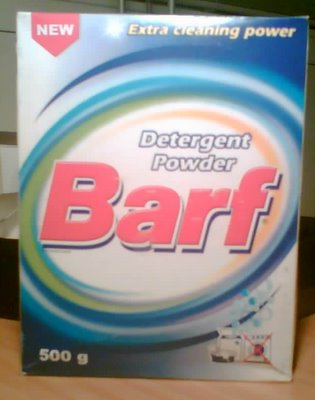The Travels of ibn Battuta
In the decades before the Burj, the great medieval traveller ibn Battuta travelled far through hot desert sands. At the shores of a Gulf the local inhabitants referred to either as Persian or Arabian, he asked them: “Which is it? Persian? Arabian?” A debate began among the villagers. Those claiming Persian wore shirts with the shortest sleeves and chests emblazoned with local deities - Hard Rock, Boston College - and tight blue pants; those claiming Arabian shone in long white garments that reached their feet.
Leaving behind the bickering villagers, ibn Battuta ventured on to the water. After many days, bypassing a small island and peninsula denounced by his captain as the site of all things decadent, he at last came to a tiny fishing village. There, he stopped and camped. As night fell, he slept.
The dawn rose some thirty years later. He rubbed his eyes: “Where have I been?” he asked, for rising before and above him were tall metal trees with a single limb, hoisting items. Around him scurried many workers most foreign in appearance. To the distance were new, sharply edged mountains. “Doo-bai, dude,” said one of the most foreign of inhabitants, “Like, man, the mall. It took me like an hour to get the hell off Sheikh Zayed! Sucked! God, traffic here. Y’know? Like. Duuude.”
A “mall”? He blinked. Behind him rose a great souk. He wandered, confused, inside; where he was met with cold, a cold as intense as a winter’s day in Miami (where he spent a December one year, or so it is written in legend). His eyes fell upon the green Starbuck, the red Cook (Thomas), white Costa, black Hugo (Boss). And above and beyond, a Geant, tied to the earth with a million dihrans. Which way to go? His choice was clear: Nine. West. Out.
Decades later, he would write of his struggle to find the route through the deadly land known as Parking; there, he would say as he lay dying, he faced his greatest test.
Leaving behind the bickering villagers, ibn Battuta ventured on to the water. After many days, bypassing a small island and peninsula denounced by his captain as the site of all things decadent, he at last came to a tiny fishing village. There, he stopped and camped. As night fell, he slept.
The dawn rose some thirty years later. He rubbed his eyes: “Where have I been?” he asked, for rising before and above him were tall metal trees with a single limb, hoisting items. Around him scurried many workers most foreign in appearance. To the distance were new, sharply edged mountains. “Doo-bai, dude,” said one of the most foreign of inhabitants, “Like, man, the mall. It took me like an hour to get the hell off Sheikh Zayed! Sucked! God, traffic here. Y’know? Like. Duuude.”
A “mall”? He blinked. Behind him rose a great souk. He wandered, confused, inside; where he was met with cold, a cold as intense as a winter’s day in Miami (where he spent a December one year, or so it is written in legend). His eyes fell upon the green Starbuck, the red Cook (Thomas), white Costa, black Hugo (Boss). And above and beyond, a Geant, tied to the earth with a million dihrans. Which way to go? His choice was clear: Nine. West. Out.
Decades later, he would write of his struggle to find the route through the deadly land known as Parking; there, he would say as he lay dying, he faced his greatest test.

